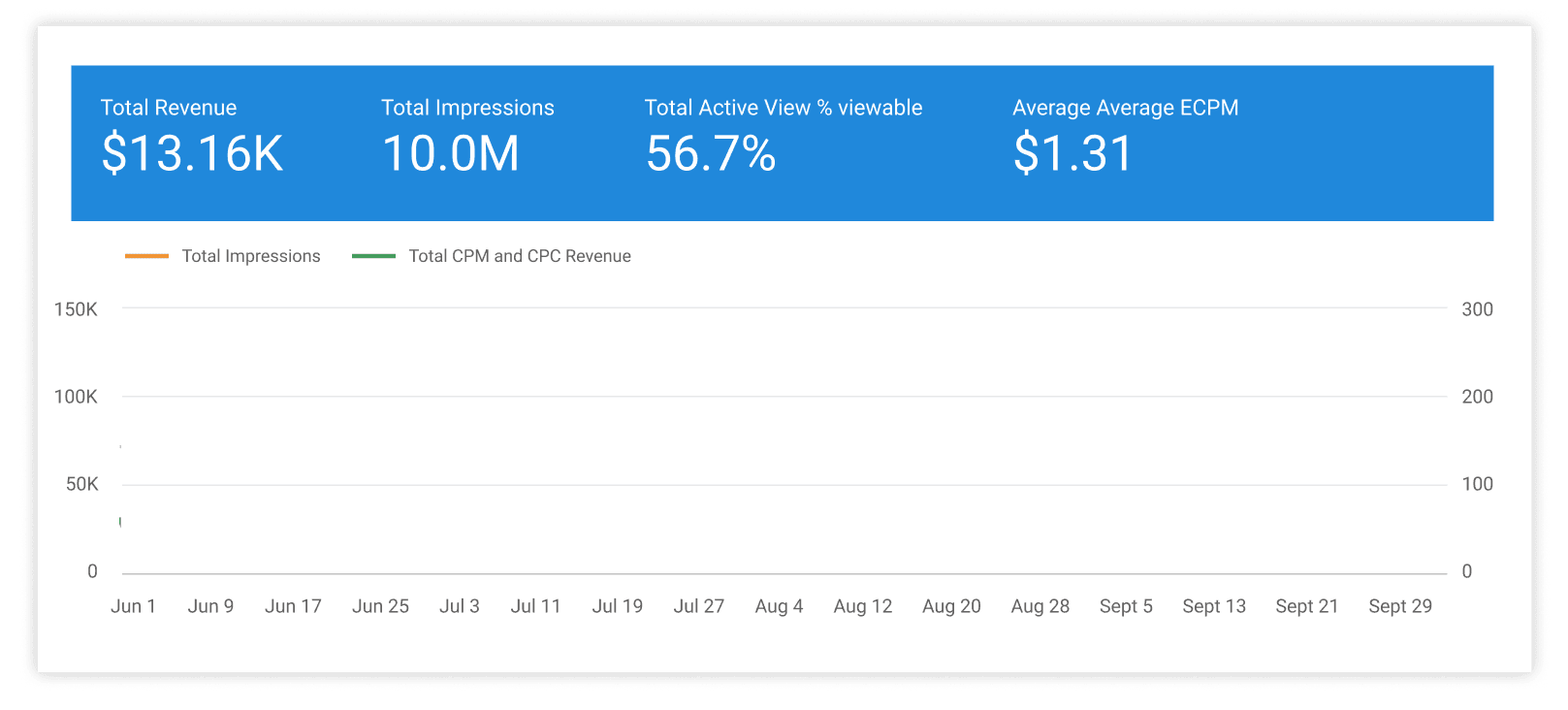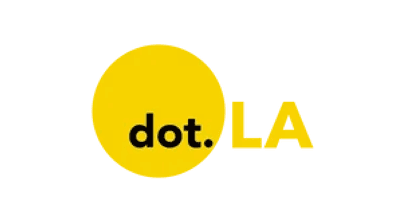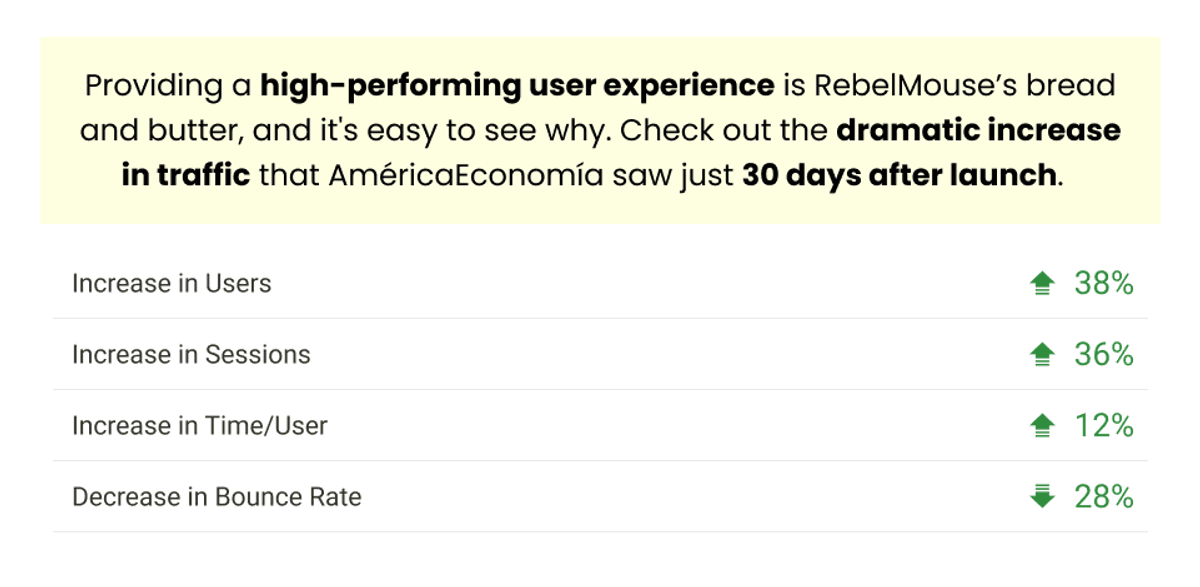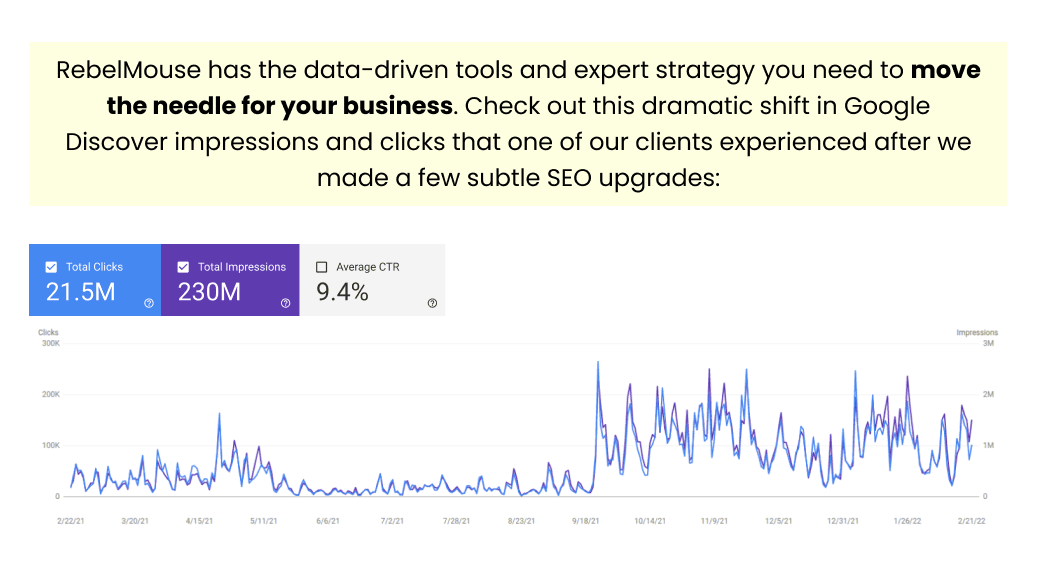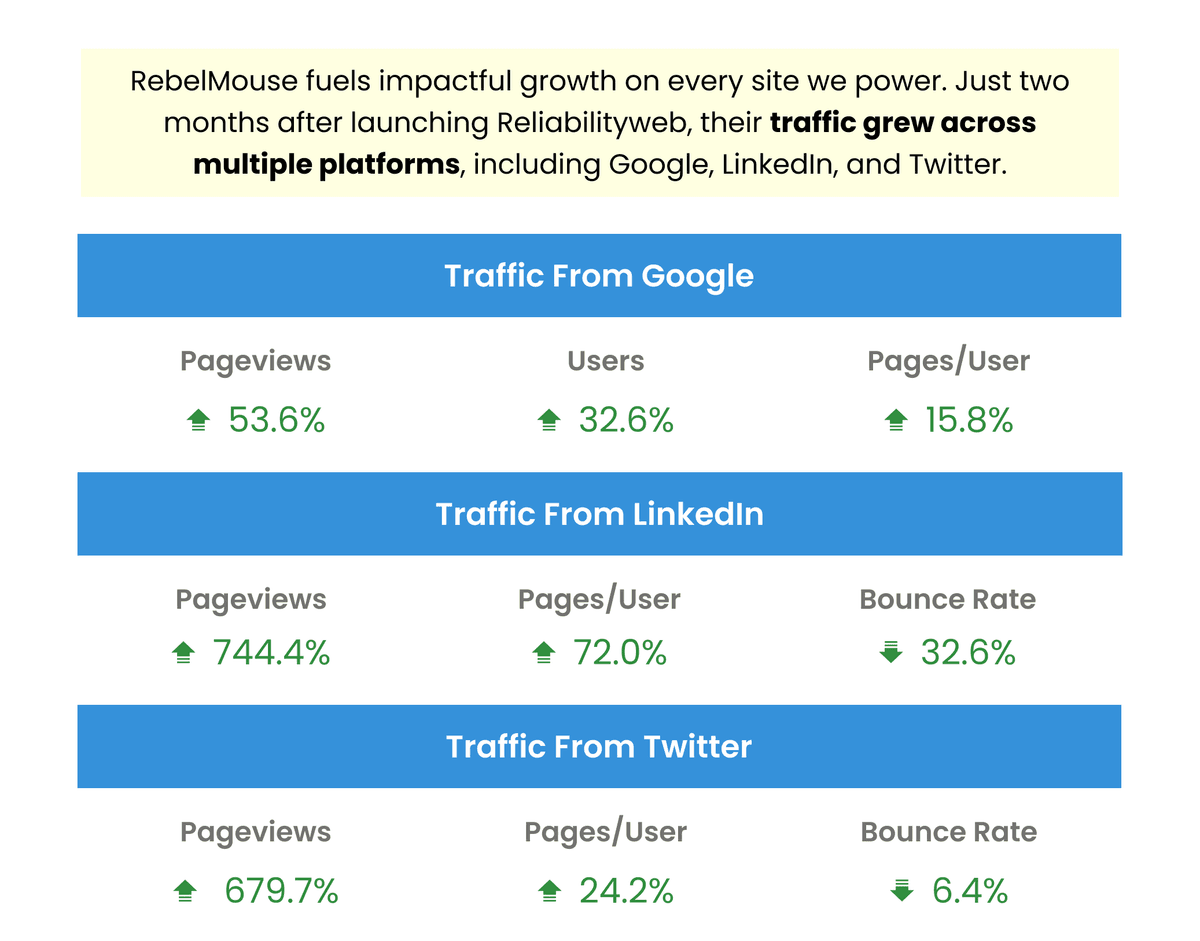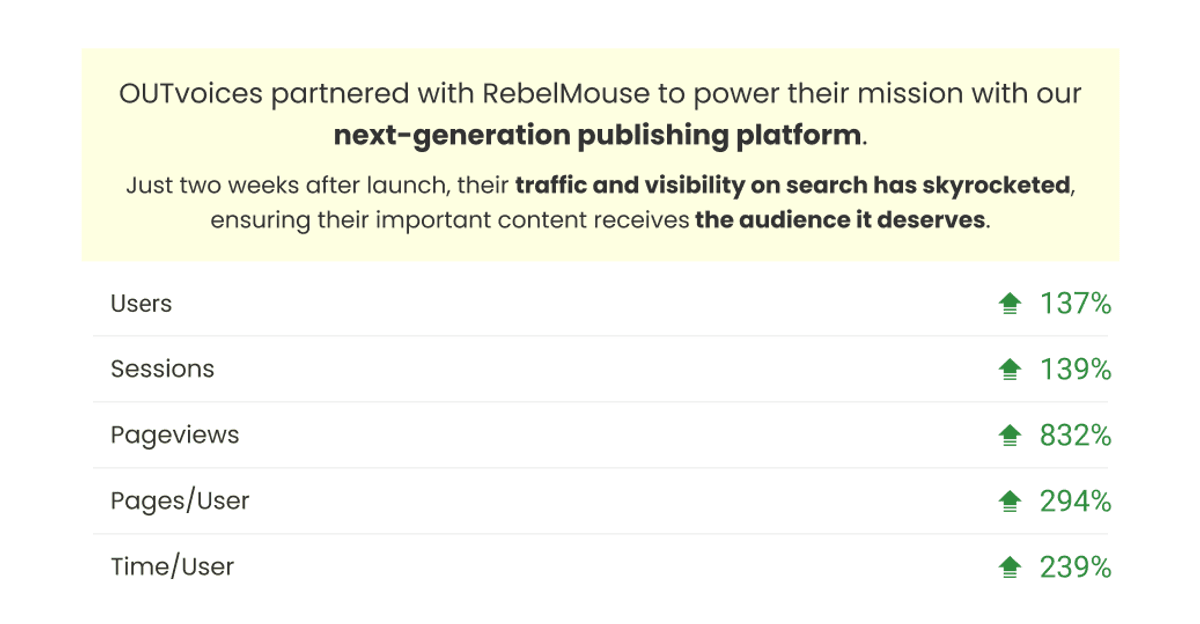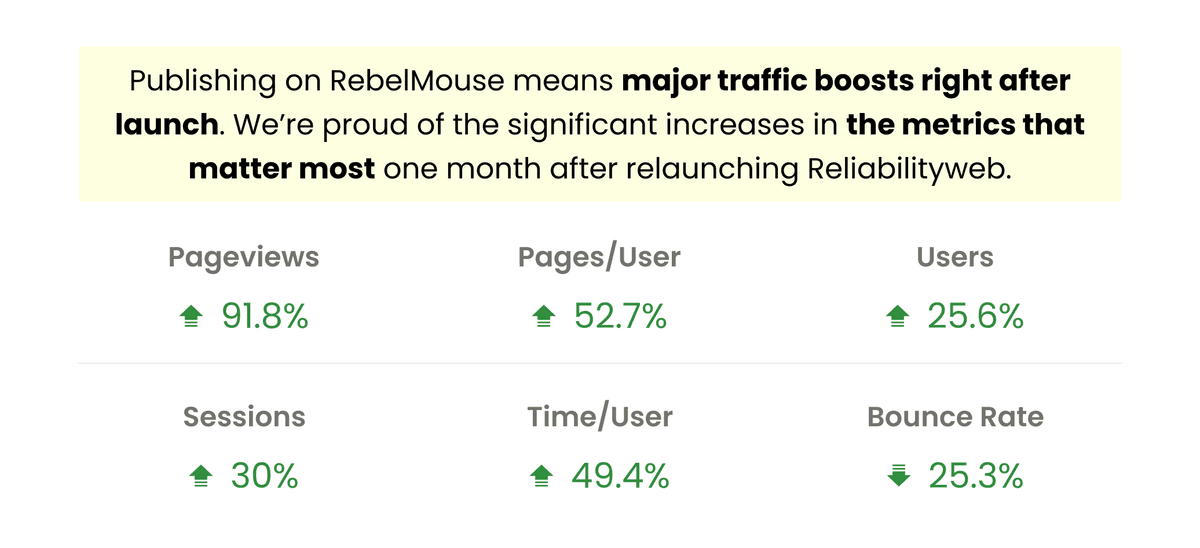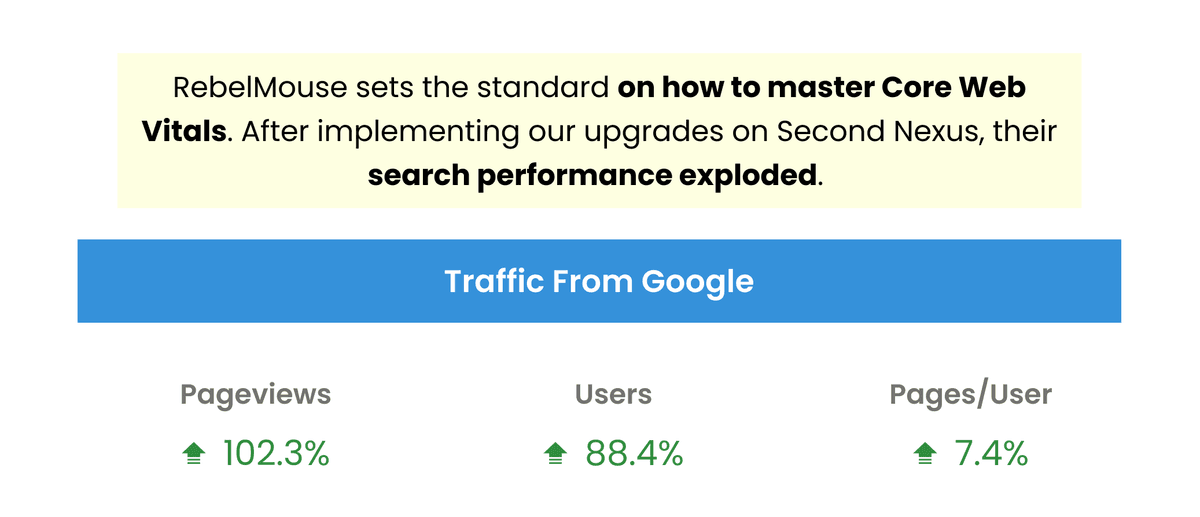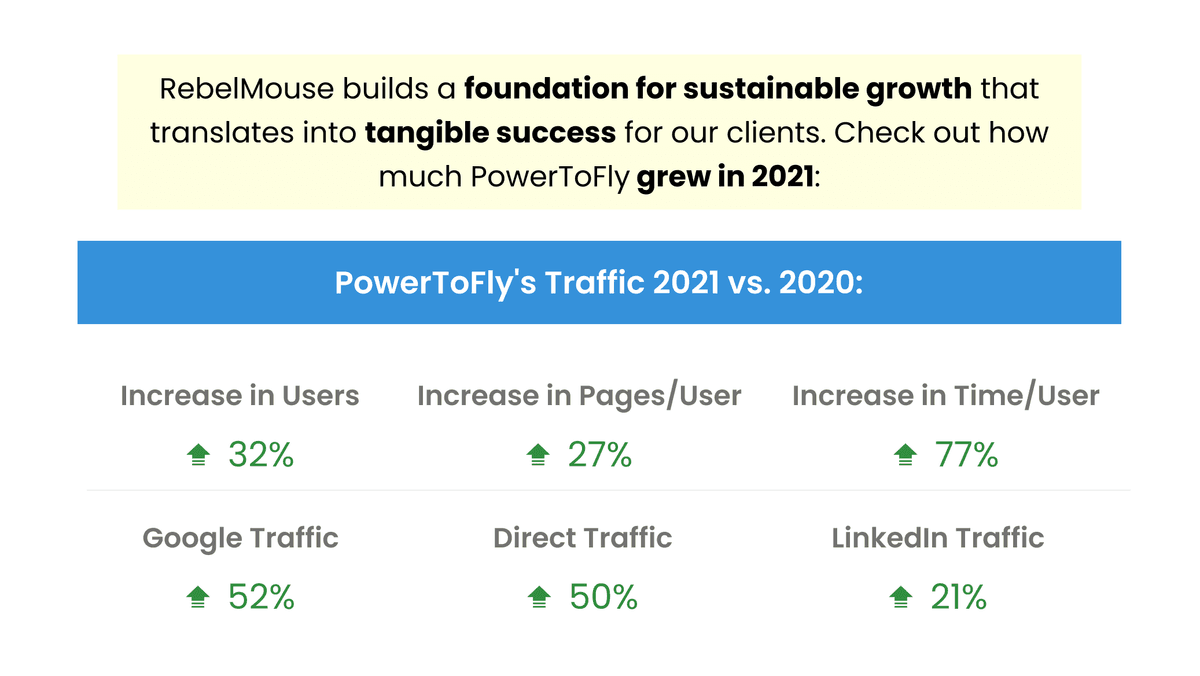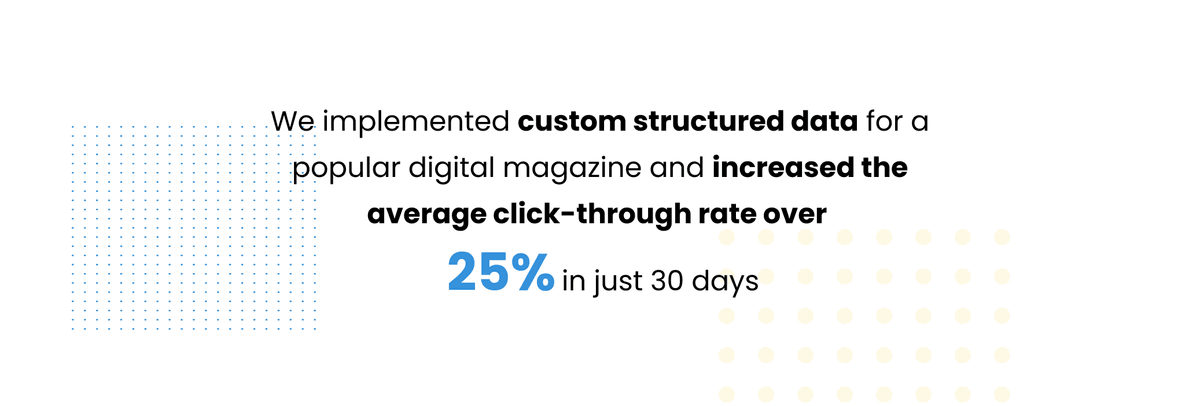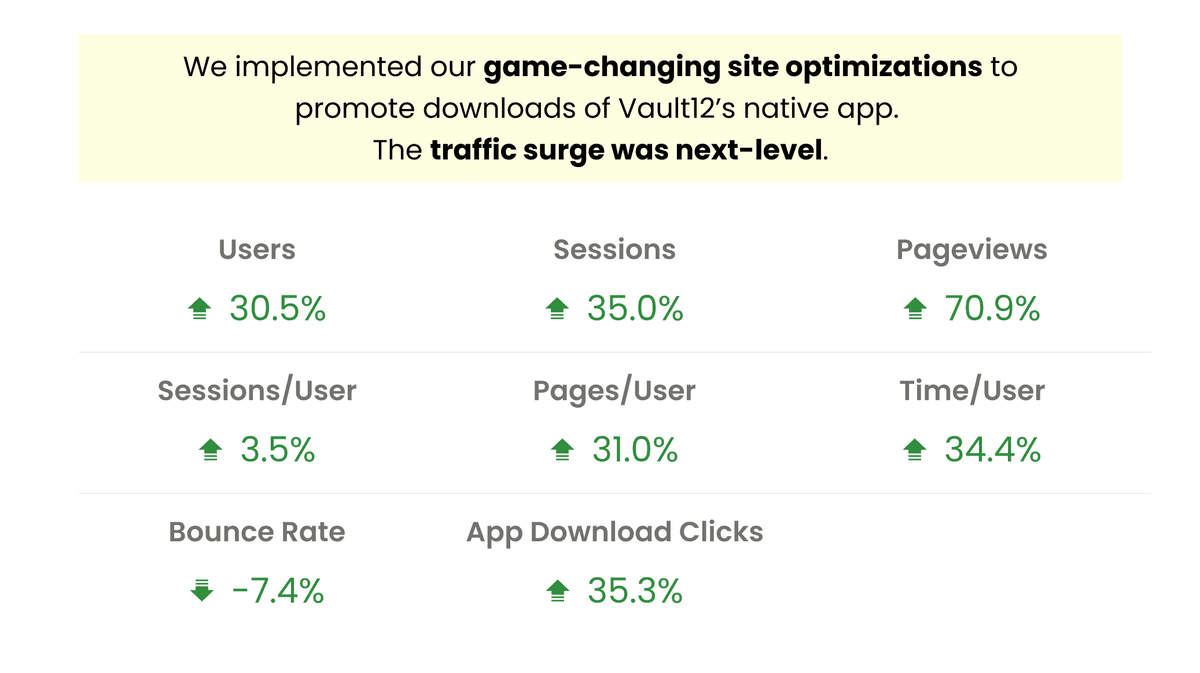Data-Backed Instincts: How Google Trends Can Elevate Your Search Strategy

Adopt a forward-thinking SEO mindset during breaking news events
As every type of industry imaginable re-evaluates their positioning in what's been dubbed "the new normal" since the outbreak of COVID-19, communication has never been more critical.
But like every aspect of life, the global crisis has turned the world of marketing, branding, and content creation upside down. More people than ever are not just socializing online, but living online, and this means the nature of search — the number one way humans get their information on the web — has completely changed, too.
Publishers are looking for ways to upgrade their search engine optimization (SEO) strategy to survive. In fact, Search Engine Journal analyzed data from Google Trends and found that the search term "SEO" and related queries spiked dramatically in the United States beginning in February 2020.
So as publishers everywhere readjust their search strategy during the new normal, it's good practice to get used to how organic SEO works in breaking news situations, and how this differs from an evergreen search strategy. Just like Search Engine Journal , using Google Trends can be a tactical way to identify trending search queries before they peak and become too competitive to win. Crafting content around this information early can help your site leapfrog ahead of your competitors.
Breaking News: Identify Trending Phrases Before They Happen
Google Trends is a free tool that allows you to analyze the volume of search queries over time from everywhere in the world. This can be particularly useful in breaking news situations, such as extended events like the COVID-19 crisis.
When a new event happens like a global pandemic, it's nearly impossible to stay ahead of trending search phrases, because by the time you identify what they are, it's likely too late. For example, the search phrase "What is COVID-19?" became a highly competitive search query in what seems like an instant, and Google's search results for it were quickly dominated by professional health organizations and top news publishers from the start. In fact, Google has its own interface for this very question. This is the nature of search during breaking news events.
Still, there are ways you can make a mark in a competitive search landscape. It takes a mix of forward-thinking and intuition.
To illustrate this, let's use a fun example outside of COVID-19. Imagine Katy Perry and Beyoncé have announced that they're now a couple, despite never really crossing paths in pop culture before. If you're an entertainment reporter and you hear about this news first, you know it will soon be widely searched for the world over. An early post about their new romance will win the search phrase "Katy Perry Beyoncé" overnight, resulting in millions of pageviews on day one.
While the news of Katy Perry and Beyoncé's courtship is a very quick and obvious win, the same logic can be used for any news or trending topic. Let's look at the ways this strategy could be used during the ongoing COVID-19 pandemic.
Search terms about the virus are still competitive, but by using Google Trends, we can identify other ways people are searching for COVID-19 information and readjust our search strategy accordingly. For example, Google Trends shows all of the different ways people are spelling the virus in search:
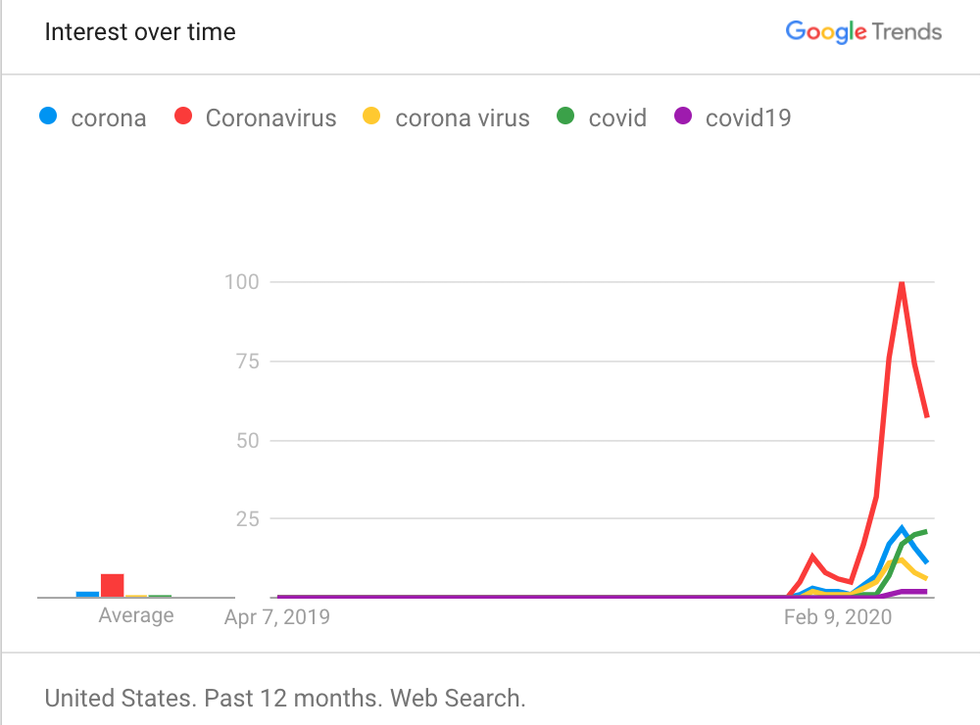
According to the data, "Coronavirus" is the most popular search term, but "covid" is picking up steam. This means it could be a strategic choice to start targeting the word "COVID" in your search strategy to get ahead of the trend.
Aside from language variations, it's also smart to pay close attention to new subtopics related to the crisis that emerge to identify the next obvious search trend before it gains traction.
A good example of this is when the Director of the National Institute of Allergy and Infectious Diseases, Dr. Anthony Fauci, appeared in the spotlight as a popular fixture of the U.S.'s virus briefings. An editor who recognized the doctor's appeal could've created content around the term "COVID Fauci" before his fame really took off.
According to Google Trends, if you were savvy enough to do this before February 15, you would have won a massive search phrase that nobody else predicted.

If you're a publisher focusing on COVID-19, keep this strategy in mind as new details and elements emerge as the world continues to react to the virus.
Try to think logically about what terms people will search for next (e.g., COVID + New Topic). Here are some examples:
- COVID + Plasthemerene
- COVID + Columbia Hospital
- COVID + Treatments
It may seem like the search landscape around competitive topics like COVID-19 is too saturated to infiltrate. But, keeping a fingerprint on the latest news and cross-referencing your intuitions with data from Google Trends could help you make meaningful strides on search during this uncertain period.
Evergreen SEO: Identify Natural Evergreen Search Cycles
Breaking news events like the COVID-19 crisis are different from an evergreen search strategy because they're always evolving and growing new areas of focus, just like the aforementioned Dr. Fauci example. Evergreen search terms that have existed and been understood for decades are a bit more predictable and often see consistent search traffic.
However, you can use Google Trends to identify trending topics that have their own natural lifecycle every year. For example, the search phrase "instant pot recipes" always spikes in late December when many people are given an Instant Pot during the holidays. It also spikes again in July when Instant Pots are usually a popular item on Amazon Prime Day.

Gaining an understanding of these kinds of content lifecycles can help propel your content strategy all year long — not just during extended news events.
Stay on Top of Daily Search Trends
Aside from anticipating search phrases that are on the cusp of trending, you can also use Google Trends to see what keywords are already high performing.
After you access trends.google.com , click the hamburger menu (☰) in the top-left corner and select Trending Searches .
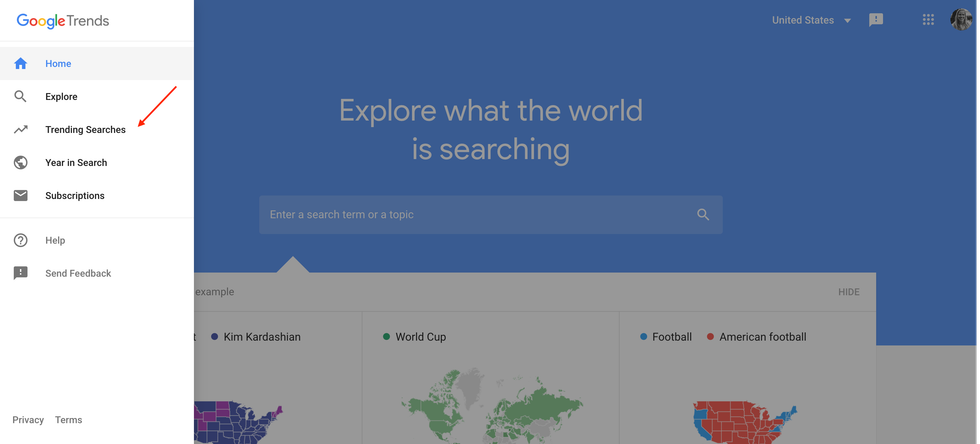
From there, you can see Google's top search phrases organized by date:
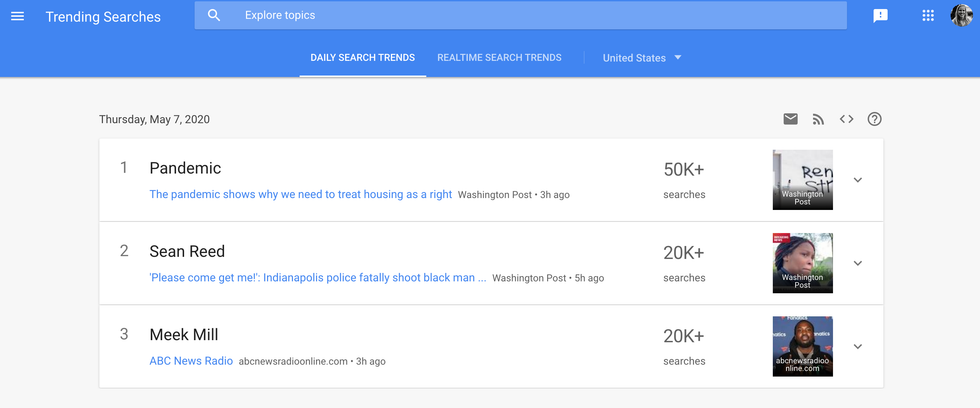
Scanning these phrases and identifying any content you either already have published or plan to create is a great way to take advantage of a hot topic. If you're publishing on RebelMouse, make sure that the phrase listed in Trending Searches matches what you've selected in the Search Phrases You Want to Win field of Entry Editor's SEO tab.
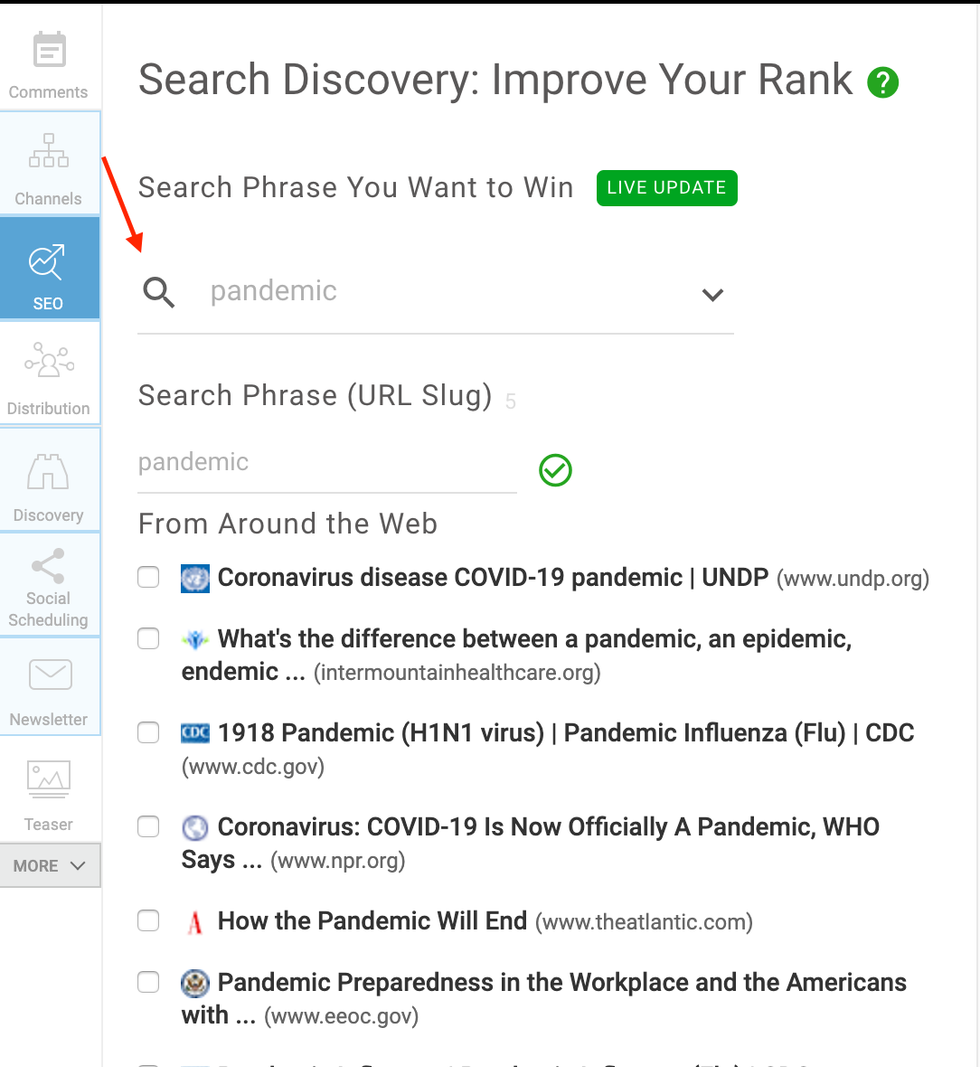
Using trending phrases with our proprietary search technology can fuel your article's ranking. Google's crawler will reward relevant, quality content around a topic that has a surge of interest. Leveraging these hot phrases could be the perfectly timed boost your SEO strategy needs.
Begin a Forward-Thinking Search Strategy
At RebelMouse, we have a unique approach to SEO that puts power back into the hands of content creators. As illustrated above, content creators are the people who live the closest to breaking news events, and can easily identify trends before they happen.
Our proprietary search technology that can help you win search phrases with every article you publish. Whether it's a competitive search term or an evergreen topic, we can improve your Google rankings. Even if you're not on our platform, we can provide you with an audit of your current search strategy, and help you use tools like Google Trends to move the needle on your search traffic. Request a proposal today to get started.






























